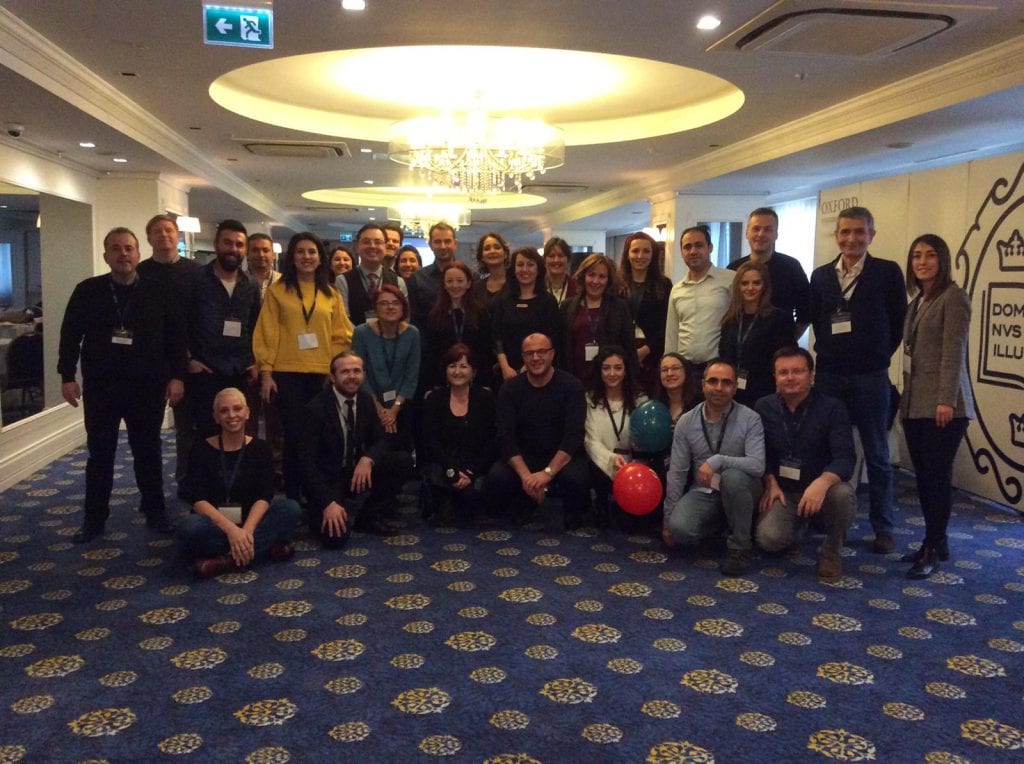Reflection on “School Effectiveness and Improvement through Research and Development (SEIRD)” by Serkan Aras

School Effectiveness and Improvement through Research and Development (SEIRD)
OUP Professional Development Course Turkey – January 17-19, 2019
The three-day training in İzmir mainly focused on the possible answers to the following questions:
- What makes a school effective?
- How can schools create a healthy climate of learning and development at all levels?
- How can schools make a difference?
All these questions were addressed by referring to different dimensions of an effective school such as school ethos and culture, institutional research, a variety of CPD frameworks, and performance management.
People who have managerial roles in 26 universities around Turkey shared what they have been doing in their schools to make their schools effective learning environments. In the training, the challenges and practices in different universities were also discussed as case studies.
One of the main themes in the training was appreciative inquiry (AI). The description of appreciative inquiry presented in the course gives the rationale behind the term: “Appreciative Inquiry is a way of looking at organizational change that focuses on doing more of what is already working. So instead of starting with ‘what’s the problem’ and looking for fixes it starts with ‘what’s already working’ and how can we build on that? This doesn’t mean we ignore problems; it just looks at it in a different way. It is based on the principle that a group or organization will grow in the direction of whatever its people focus their attention on. By creating a space for people to share experiences of when they worked at their best, not only does it stimulate energy for change; it also builds relationships and a shared understanding of everyone’s contribution”. As human beings, we mostly focus on the problems that we need to solve. However, AI suggests that people should focus on what is already successful to solve their problems. To make a school effective, AI reminds managers of focusing on their schools’ strengths rather than weaknesses to solve problems.
Conducting developmental or performance observations was another fundamental theme in the training. Managers from different schools shared their experiences and we also had a chance to evaluate different observation cycles and tools that can be adapted according to the specific context of a school.
The training ended with a very nice quote which reminded participants that how they perceive what happens to them is very important: Epictetus, a Greek-Roman slave that lived in the first century, said, “We cannot choose our external circumstances, but we can always choose how we respond to them”. This seems to be one of the fundamental principles to keep in mind on the way to a more effective learning organization.

Leave a Reply